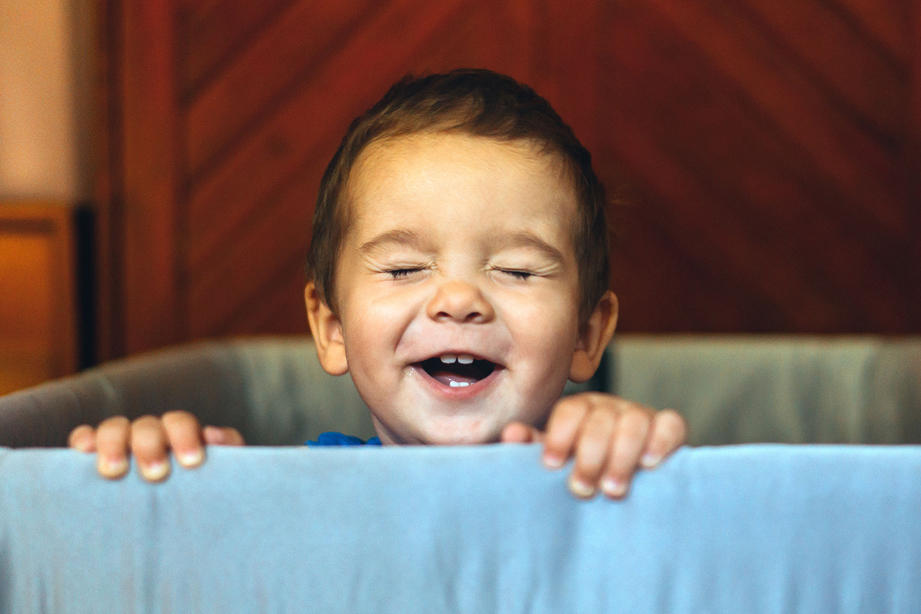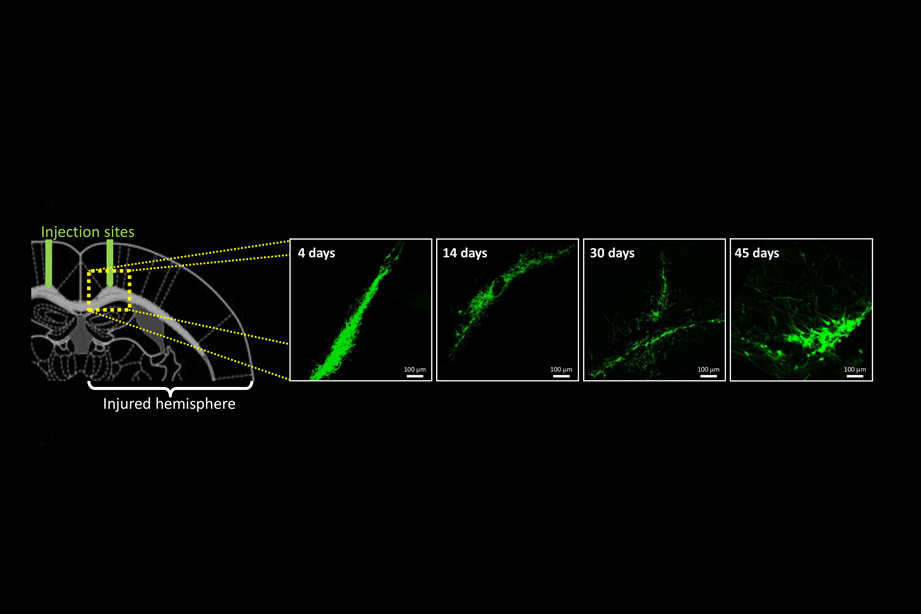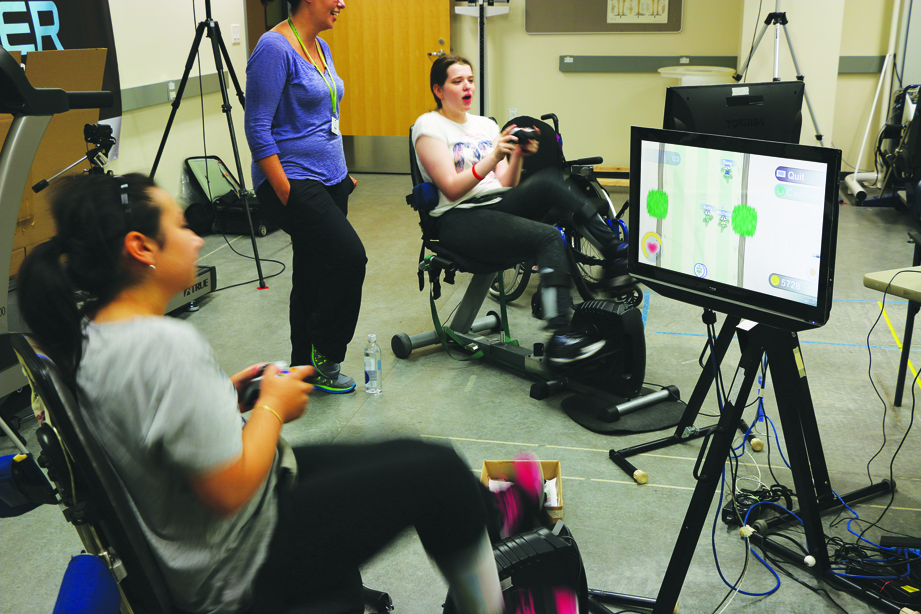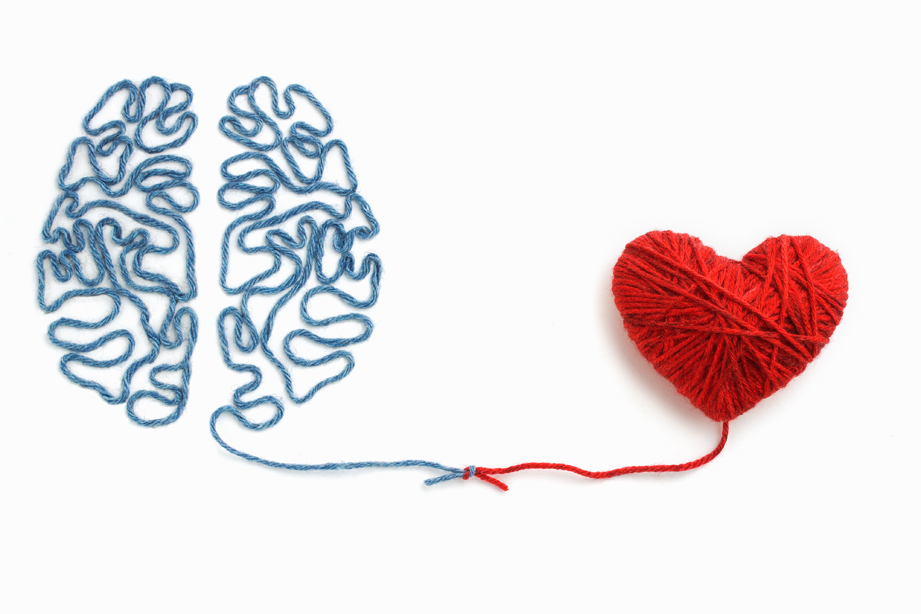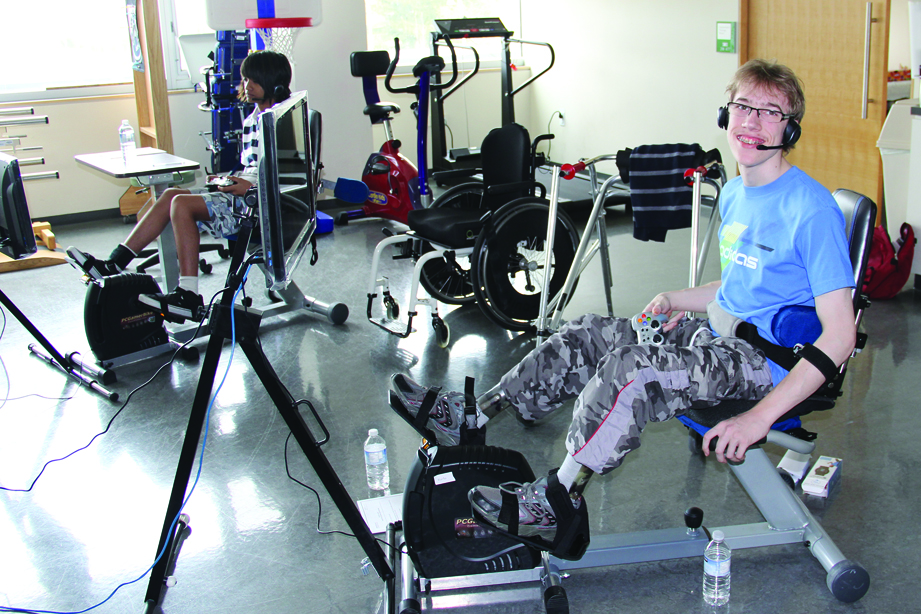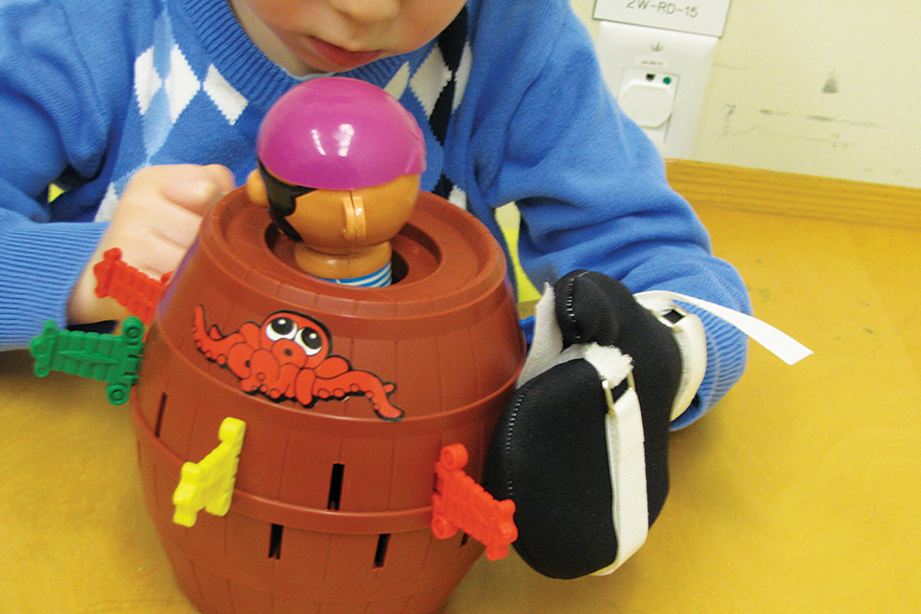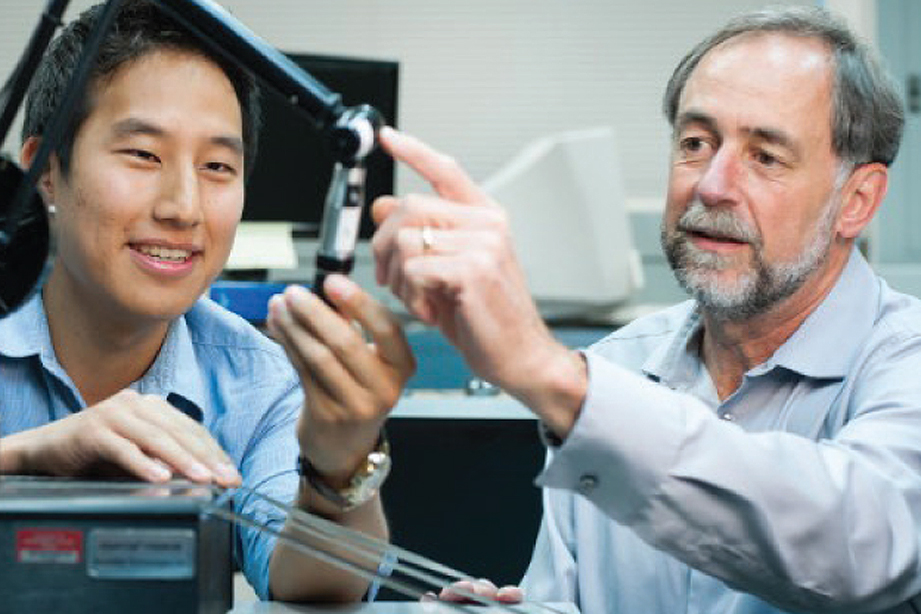Challenge Thousands of Canadian children living with severe physical disabilities are intellectually capable but unable to move independently. They are trapped inside their bodies, deprived of their fundamental human rights to interact, and participate. BCi-Move Project Summary An emerging technology, brain‐computer interfaces (BCIs), are a potential solution. BCIs allow individuals to interact with [...]
Enabling Early Detection and Intervention for Cerebral Palsy
Nicolas Turgeon-Morin2024-04-09T09:51:21-08:00Challenge Doctors should ideally diagnose cerebral palsy (CP) before a baby’s first birthday, according to international guidelines. This way, the child can access early interventions that will help them reach their fullest potential for movement and function. However, the average age for a CP diagnosis in Canada is 18.9 months, and treatment doesn’t always [...]
Finding a Way to Diagnosis Cerebral Palsy Sooner
Nicolas Turgeon-Morin2023-10-19T10:23:57-08:00Challenge When it comes to neurodevelopmental disabilities, early diagnosis is critical so that children can access supports and interventions early on. For cerebral palsy (CP), it is generally recommended that children be diagnosed as early as possible. Using new tools, in many cases this is potentially feasible by primary care physicians before infants with CP [...]
Transplantation of Neural Stem Cells Therapy
Nicolas Turgeon-Morin2023-05-04T06:29:06-08:00Challenge For most children with cerebral palsy (CP), their condition began before birth, likely due to a condition resulting in the delayed growth of the fetus. But ground-breaking findings from the CP research team, led by neurosurgeon Dr. Michael Fehlings, have demonstrated that neural stem cell therapy could be an option for treating CP. Project [...]
National Trials in Rehabilitation: Liberi-Exergame & dCTS Trials
Nicolas Turgeon-Morin2023-05-04T06:29:44-08:00Challenge New therapies for individuals with cerebral palsy (CP) with commercialization potential are emerging, but face barriers to a successful rollout. The CP Discovery Project evaluated two interventions. One was a videogame-linked stationary bicycle designed to improve fitness and social interaction. The other was a trial of direct electrical stimulation paired with therapy to improve [...]
The Neuroethics Core: Cross-Cultural Issues in Neurodevelopmental Disabilities
Nicolas Turgeon-Morin2023-05-04T06:41:42-08:00Challenge The words we use to describe disabilities reflect and affect how we perceive them. There has been a lot of discussions about which words are the least stigmatizing and the most empowering. However, any benefits that come out of these conversations might not always extend to people with other native languages, who make up [...]
The Neuroethics Core: Raising Awareness of Ethical Issues in Neurodevelopmental Disabilities
Nicolas Turgeon-Morin2023-05-04T06:42:34-08:00Challenge Researchers from Kids Brain Health Network (KBHN)’s neuroethics core analyzed content from major English-language Canadian newspapers. They identified ways that the news is contributing to the stigma attached to fetal alcohol syndrome disorder (FASD). Articles often exaggerated the rate of FASD in Indigenous communities. These articles also implied that it is a hopeless or [...]
Combining Games and Exercise for Kids with Cerebral Palsy and FASD
Nicolas Turgeon-Morin2023-05-04T07:02:51-08:00Challenge Many children with brain-based disabilities face challenges when it comes to physical fitness. The use of exercise video games (termed exergames) provides a unique approach to engaging youth in physical exercise and social interaction with their peers. A team led by Darcy Fehlings (Holland Bloorview) and Nicholas Graham (Queen’s University) developed an exergame called [...]
Understanding the Cellular Mechanisms of Constraint-Induced Movement Therapy
Nicolas Turgeon-Morin2023-05-04T07:32:47-08:00Challenge One of the primary treatments for cerebral palsy (CP) is constraint-induced movement therapy (CIMT). CIMT immobilizes the stronger limb, forcing the patient to use – and hopefully improve function - in the weaker one. Our researcher team (led by Dr. Derek van der Kooy, University of Toronto) investigated why CIMT works. They believed it [...]
Using Technology to Improve the Lives of Children with Brain-Based Disabilities
Nicolas Turgeon-Morin2023-02-22T10:53:00-08:00Challenge Children with neurodevelopmental disabilities and their families have specific needs that are often left unmet by services. This fact necessitates a means of collecting and providing the skills, knowledge and expertise to address their concerns. Project Summary The TotTech team functions as an engineering hub to provide biomedical, mechanical and computer engineering expertise that [...]




